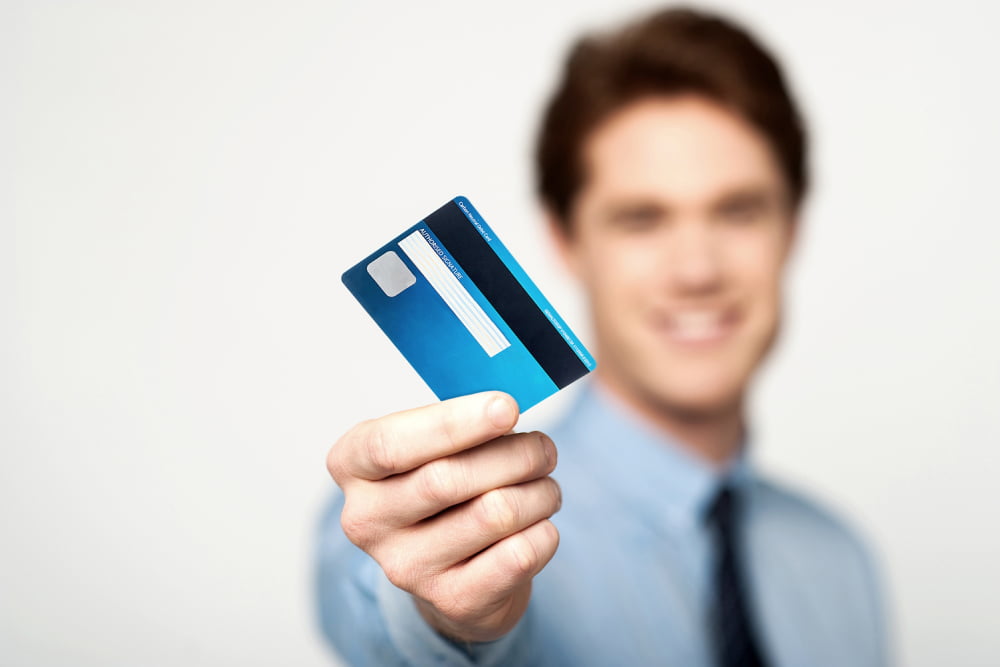
9 common mistakes to avoid with a debit card
A swipe for a cup of coffee at one’s favorite cafe and a tap at the mall for a new gadget or movie tickets are just a few benefits of a debit card in addition to withdrawing cash on the go and international usage. However, the card is linked to one’s bank account and could affect finances if misused. So, here are some common mistakes to avoid with a debit card.
Not paying attention to the balance
An individual who uses their debit card for credit-based transactions may notice it takes a few days for the purchase to show up on the account. If one relies only on the account balance figure when they log into the account online, they may risk transactions getting declined. This may occur when the balance does not reflect the money present in the account in real-time. So, one should keep a close eye on each transaction and make a note of it, if needed regularly, to ensure they are always aware of their bank balance.
Transacting at a hotel
Many people use their debit cards to pay for the room costs and security deposits. The deposit usually holds an amount on the card to cover unexpected costs or expenses that do not immediately show up on the itemized bill. Sometimes, these holds could extend into hundreds of dollars. So, if one uses a debit card, chances are they might not have additional funds to cover other expenses throughout their trip. In such cases, using a credit card for the security deposit might be an ideal solution.
Using an ATM too many times
While several people have shifted most of their transactions online, some still prefer dealing in cash. Such individuals could be habitual in withdrawing money from the ATM. One should note that while an ATM will dispense as much cash as one requires (as long as there is some balance in the account), there are certain criteria in place. Some banks allow a limited number of transactions per month. For example, one might be charged $5 extra on each withdrawal once they exceed five transactions. Furthermore, using too many out-of-network ATMs may also result in unnecessary fees. One should speak to their bank to clarify the number of transactions they are permitted per month and stick to digital payments as much as possible.
Neglecting the fine print
Some banks levy annual fees for using debit cards but waive the fee to attract customers. That said, cardholders need to read the fine print before signing up for the card. The terms and conditions might indicate that the fees will only be waived if the debit card is used a specific number of times or a particular amount throughout the year. Many who overlook these terms tend to get charged for the lack of usage. The best way to deal with this is to ensure reading the fine print to help keep the agreement as transparent as possible.
Using a debit card to buy expensive items
Many individuals tend to complete all their purchase transactions through their debit cards. However, experts recommend putting expensive purchases on their credit cards, especially if one needs to return the product or cancel the service. Credit cards usually empower cardholders to file a claim with the card issues to get their money back immediately. For instance, a credit card may come with benefits such as replacing stolen products and extending manufacturer warranties. However, this option is not available with debit cards.
Writing the PIN on the card
Individuals write their PIN on the debit card, card cover, or documents so that it is easy to find. However, the PIN is a security measure intended to keep the account balance safe by limiting debit and ATM transactions to only those who know the secret numbers. If a thief gets hold of the PIN and card, they could easily transact money from one’s card and get away with it. Therefore, while it might seem easy, one should never write the number on the card or anywhere else. The best way to ensure maximum security is by memorizing the digits.
Using multiple debit cards
Each bank offers debit cards with unique benefits. Some may offer reward points on each transaction, while others might offer free movie tickets every month. To take advantage of these benefits, customers tend to issue multiple debit cards from various banks. However, each debit card also comes with unique fees, interest rates, and other charges that might cost one dearly in the long haul. And with so many cards in the mix, it is easy to forget which card includes fees. Therefore, one should ensure they properly research what each bank offers and have only two to three debit cards handy.
Forgetting to record pre-approved transactions
Another common mistake debit card holders make is forgetting to keep track of pre-approved transactions. This could include any autopay set up for the phone or electric bill using the debit card. One should always record those transactions in a monthly check register to avoid accidentally spending on other products. The lack of funds could result in payments being declined, which may carry hefty charges.
Overlooking transactions made by a spouse
If an individual has a shared account with their spouse, they should always ensure they are aware of the balances. Both members might use the card for various transactions or to set up autopay for various services. Overlooking these transactions could result in draining the bank account without keeping sufficient funds for utility payments, which could bring about charges in case a transaction gets declined.




